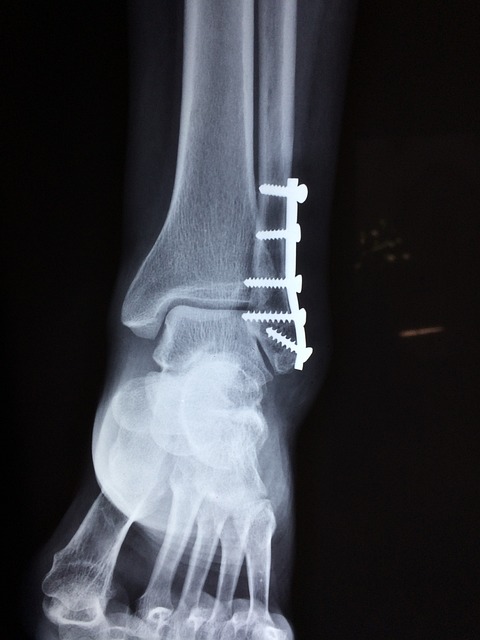Technology Degrees: Programs, Careers, and What to Expect
Technology degrees combine theoretical foundations and applied skills that prepare students to work with digital systems, software, and computing infrastructure. These programs vary from short certificates to doctoral research tracks and are offered by community colleges, technical institutes, and universities. Graduates commonly move into roles in development, systems administration, data analysis, or product management, and curricula often include hands-on projects, internships, and collaborative labs that reflect real-world workplace demands.

What do technology degrees cover?
Technology degree programs typically cover core topics such as programming fundamentals, networking, databases, cybersecurity, and systems analysis. Coursework balances conceptual material — like algorithms and discrete mathematics — with applied labs and projects that use contemporary tools and platforms. Many programs also include classes on project management, ethics, and communication to help graduates work effectively in team settings. Electives let students focus on emerging areas without sacrificing foundational knowledge.
How does technology education differ from other fields?
Technology education tends to emphasize practical problem solving and iterative learning. Unlike some theoretical disciplines, technology programs frequently incorporate lab work, coding assignments, and collaborative development sprints to simulate workplace processes. Accreditation, industry partnerships, and vendor certifications may shape curricula, ensuring that programs stay aligned with current employer expectations. The pace of change in this field means graduates often continue learning on the job or through online short courses to keep skills current.
What computer specializations are common?
Within technology degrees, common computer-related specializations include computer science, information systems, information technology, cybersecurity, and data science. Computer science usually focuses more on theory and software development, while information technology and information systems emphasize system administration, networking, and business alignment. Data science combines statistics, machine learning, and data engineering, and cybersecurity concentrates on protecting systems and responding to threats. Specializations affect typical coursework and the kinds of projects students undertake.
How do software-focused programs work?
Software-focused tracks center on design, development, testing, and maintenance of applications and services. Students learn programming languages, software architecture, version control, testing strategies, and user experience principles. Coursework often includes capstone projects that require end-to-end development: requirements gathering, design, implementation, and deployment. Many programs encourage collaboration with industry partners or internships so students gain experience with contemporary development workflows such as agile methodologies and cloud-based toolchains.
What career paths does a technology degree support?
A technology degree can lead to numerous roles, including software developer, systems administrator, network engineer, data analyst, cybersecurity analyst, and cloud engineer. Entry-level positions usually require applied skills and a portfolio or internship experience. Over time professionals may move into specialized technical roles, technical leadership, or product and project management. Employers range across sectors — finance, healthcare, education, manufacturing, and government — so graduates can often find opportunities in local services, startups, or multinational corporations.
How to evaluate programs and choose a degree
When choosing a technology degree, consider curriculum relevance, hands-on learning opportunities, industry connections, faculty background, and available career services. Review course lists for modern technologies and elective flexibility. Look for programs that offer internships, cooperative education, or partnerships with employers in your area. Accreditation and alignment with recognized certifications can also matter for some career tracks. Cost, program length, and delivery format (on-campus, hybrid, or fully online) should match your schedule and learning preferences.
A technology degree offers a structured path to develop skills that are widely applicable across industries. Program options vary in depth and focus, so prospective students should match coursework and practical experiences to their career goals and preferred working style. Continued learning after graduation is common in technology fields, and graduates typically benefit from building a portfolio, staying current with tools, and gaining practical experience through projects or internships.




